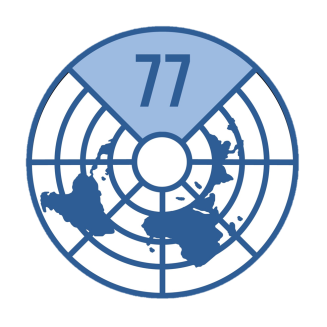First Ministerial Meeting of the Intergovernmental Group of Twenty-Four on International Monetary Affairs,
Caracas, 6 – 7 April 1972
a. Communiqué
The inaugural Ministerial Meeting of the Group of 24 was convened in Caracas on 6-7 April 1972, on the invitation of the Government of Venezuela. The Minister of Finance of Venezuela, Pedro R. Tinoco, hijo, was unanimously elected Chairman of the Meeting and the Minister of Finance of Ceylon, N.M. Perera and the Governor the Central Bank of Algeria, M.S. Mostefai were also unanimously elected Vice-Chairmen. The purpose of the Meeting was to establish the position of the developing countries on the several fundamental issues concerning the reform of the international monetary system within the terms of reference specified in the declaration and working programme of Lima. Mr. Pierre-Paul Schweitzer, Managing Director of the IMF, and Mr. Manuel Perez-Guerrero, Secretary-General of UNCTAD, also attended the meeting.
The Ministerial Meeting was preceded by a meeting of the Deputies of the Intergovernmental Group in Caracas from 3-5 April, under the Chairmanship of Carlos Rafael Silva of Venezuela with Lal Jayawardena of Ceylon as Vice-Chairman and S.B. Falegan of Nigeria as Rapporteur. Mr. Silva reported to the Ministers on the work of the Deputies.
The Intergovernmental Group of 24 was constituted as a result of a mandate given in Lima by the Group of 77 to their Chairman, to consult Member Governments on the establishment of an intergovernmental group on monetary issues. On the basis of these consultations the Group of 24 was accordingly constituted and held its preliminary meeting at the level of Deputies in Geneva in February 1972.
The Ministerial Group reviewed various substantive and procedural issues facing the international monetary system at the present time. It expressed its dissatisfaction that important decisions affecting the International Monetary System have been taken by a small number of developed countries to the exclusion and neglect of the interests of the rest of the international community, and that these decisions have adversely affected the economies of developing countries.

